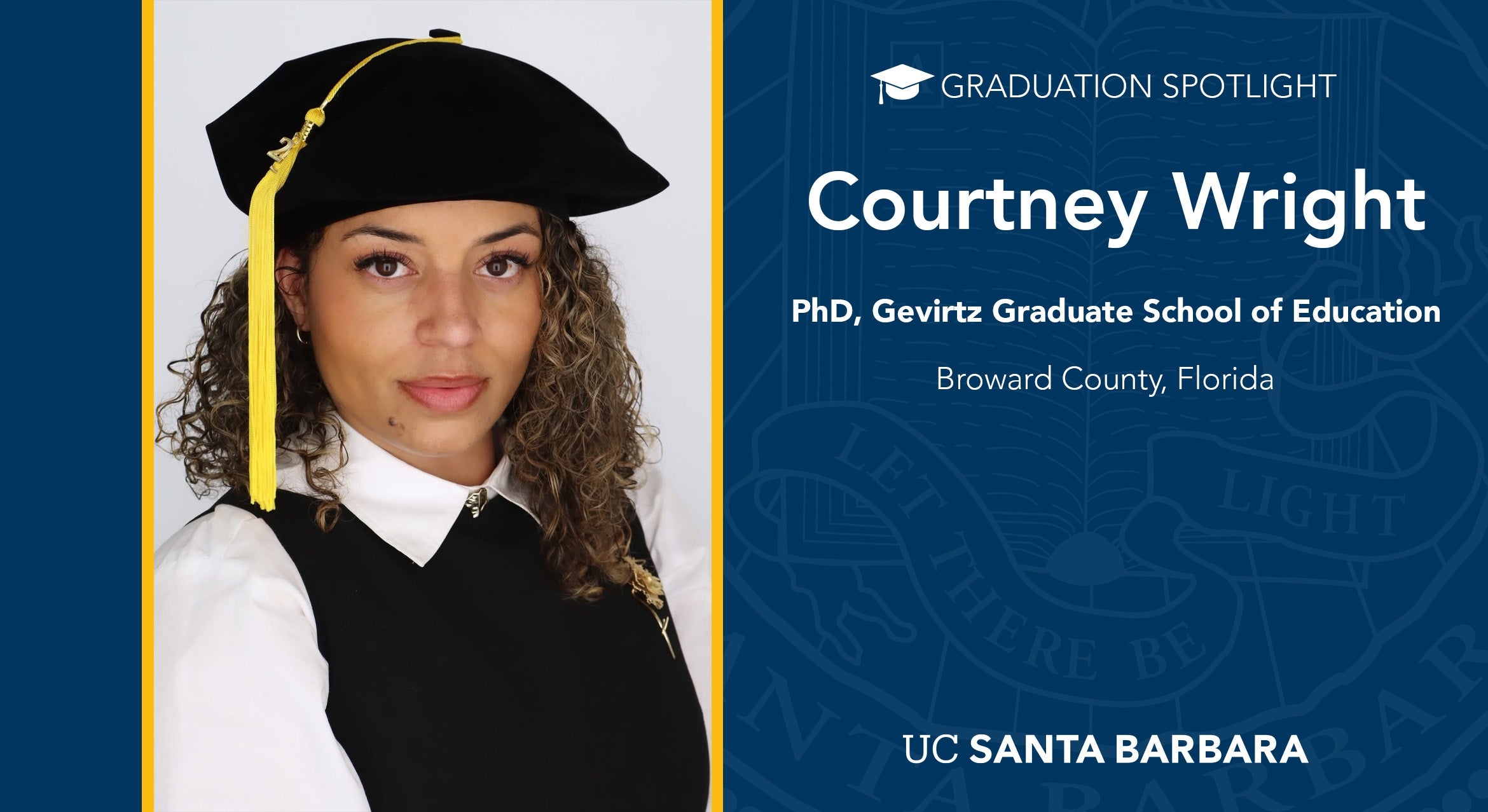
Retooling the Ph.D.


For generations, the path of a doctoral candidate in the humanities has been clear: collect your sheepskin and go directly to academia. But a tight job market for those graduates is leading universities across the country to rethink that model. Now, a grant from the National Endowment for the Humanities (NEH) will help UC Santa Barbara explore ways to create new post-doctorate options for its humanities students.
The NEH has awarded UCSB a $25,000 grant as part of its “Next Generation Ph.D.” program, which tackles the challenge of finding new ways for doctoral candidates to apply their skills and experience beyond teaching and academia to a broader range of careers. UCSB’s project, “Training for Nonacademic Careers in a Research-University Setting,” will allow the university to kick-start its efforts to retool its graduate programs in the humanities.
“What the NEH grant is going to help us do is to have a conversation among departments,” said John Majewski, the Michael Douglas Dean of Humanities and Fine Arts at UCSB and a professor of history. “It’s a conversation that will include faculty and graduate students about how can we rethink our Ph.D. programs in the humanities to give students different kinds of training and different kinds of experiences that complement the academic training that they already received.”
Each of the departments within the Division of Humanities and Fine Arts (HFA) will participate in the project, said Carol Genetti, dean of the UCSB’s Graduate Division and co-director with Majewski. Fifteen programs in HFA confer a doctorate. “The activities that the NEH will be funding strongly resonate with the work that the Graduate Division has been doing for several years through the Graduate Student Resource Center,” Genetti noted. “These include a wide range of career-related workshops, a series of panels on the varied career paths for doctoral students, and our annual Beyond Academia conference.”
The project will kick off in the fall quarter with a half-day retreat featuring speakers from the campus and outside experts, said Genetti, who is also a professor of linguistics. “They will lay out the national and local context for this work and highlight the significant professional flexibility that a doctorate in the humanities provides,” she explained. “Later in the year we’ll be working to more effectively activate networks of alumni in a wide range of professions. This will not only highlight their successes, but will also create networks of contacts that can be activated by our current students as they explore their own career options.
“We also look forward to hearing from the graduate students themselves about their goals and aspirations,” Genetti continued, “and to taking all this into account as we think deeply about our doctoral curricula and the nature of the dissertation. It’s certainly going to be a thought-provoking year and I very much look forward to the coming conversations.”
As the economy and job market evolve, Majewski said, it’s up to universities to keep up. The pipeline from grad student to academia isn’t as reliable as it used to be, and students themselves will need to evaluate their talents, goals and expectations after graduation. “There are lots of other different kinds of careers out there — in government service, in the nonprofit world and within industry — that our humanities Ph.D. students can pursue,” he said.
“It’s really reorienting our graduate programs somewhat,” Majewski continued. “We are not overturning the old model, but we’re adding to it. But we need to think carefully about what we add, and it might be different in every department.”
The “Next Generation Ph.D.” program consists of two categories: 25 planning grants of $25,000 each, and three implementation grants of $350,000 each. Every school that receives a grant is required to raise matching funds.



